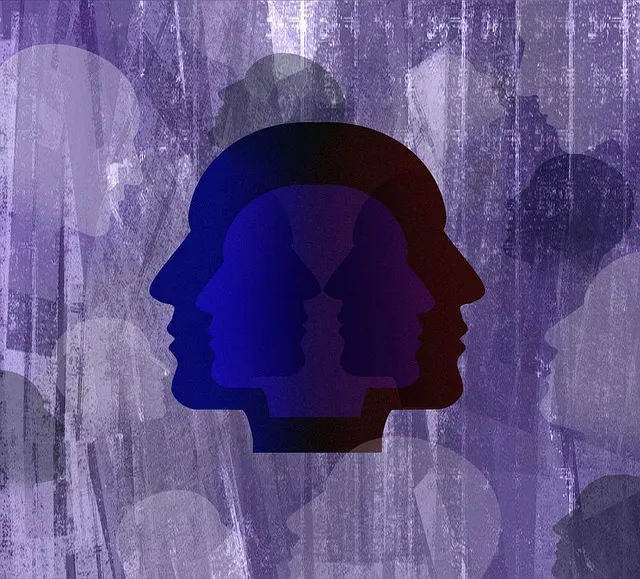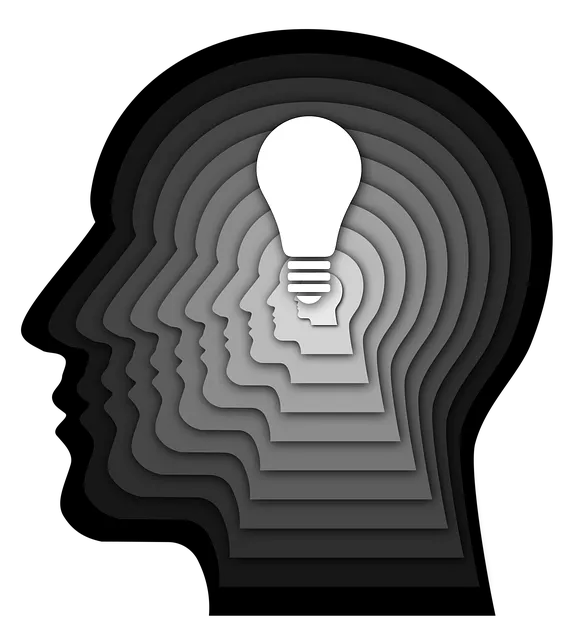Effective mental wellness support groups rely on understanding group dynamics for a safe, inclusive environment. Key strategies include active participation, diverse perspective valuing, open communication, and mindfulness exercises. Cultural competency training for healthcare providers normalizes mental health conversations. The Lone Tree Kaiser Permanente behavioral health number exemplifies accessible, competent care. Engaging activities like group discussions and art therapy promote emotional healing. Structured assessments and feedback measure positive outcomes, while fostering compassion cultivation aligns with destigmatizing mental health issues.
Mental wellness group facilitation is a powerful tool for enhancing individual well-being. This guide explores effective techniques, focusing on understanding group dynamics, creating safe spaces, engaging participants through diverse activities, and measuring positive outcomes. By implementing these strategies, such as those employed by Lone Tree Kaiser Permanente behavioral health services, facilitators can foster supportive environments that promote mental wellness. Discover practical insights for leading successful groups and making a lasting impact on individuals’ lives.
- Understanding Group Dynamics for Effective Facilitation
- Strategies to Foster Safe and Supportive Environments
- Engaging Activities for Mental Wellness Groups
- Measuring and Promoting Positive Outcomes in Sessions
Understanding Group Dynamics for Effective Facilitation

Understanding group dynamics is a cornerstone for effective facilitation, especially within the context of mental wellness support groups. These groups provide a unique environment where individuals come together to share experiences, offer mutual support, and learn from one another. As a facilitator, recognizing and harnessing these dynamics is key to fostering a safe, inclusive, and productive space.
For instance, creating a sense of community within the group can significantly enhance emotional well-being promotion techniques. This involves encouraging active participation, valuing diverse perspectives, and promoting open communication. By understanding cultural backgrounds and incorporating healthcare provider cultural competency training, facilitators can build resilience through shared experiences and normalize conversations around mental health. The Lone Tree Kaiser Permanente behavioral health number serves as a practical resource for individuals seeking such support groups, emphasizing the importance of accessible and competent care.
Strategies to Foster Safe and Supportive Environments

Creating a safe space is paramount for effective mental wellness group facilitation. Encouraging open dialogue and fostering an environment where participants feel comfortable expressing their thoughts and emotions, without fear of judgment, is key. Techniques such as establishing clear ground rules, promoting active listening among members, and using inclusive language can help build trust and solidarity within the group. Facilitators should also ensure confidentiality, allowing individuals to share openly while feeling secure in the privacy of their discussions.
Integrating practices that promote positive thinking, mental health awareness, and self-care is another effective strategy. Introducing mindfulness exercises, for instance, can enable members to stay present and grounded during sessions. By incorporating these techniques, facilitators contribute to a supportive ecosystem where participants not only learn about mental wellness but also gain tools to enhance their overall well-being, mirroring the comprehensive services offered by Lone Tree Kaiser Permanente behavioral health number.
Engaging Activities for Mental Wellness Groups

In facilitating mental wellness groups, engaging activities play a pivotal role in fostering a supportive and therapeutic environment. One effective technique is incorporating interactive exercises that encourage participants to share their experiences and connect with one another. For instance, group discussions centered around managing stress or cultivating mindfulness can be powerful tools for emotional healing processes. These activities not only promote public awareness campaigns development but also create a safe space for open communication.
Additionally, creative approaches such as art therapy or guided meditation sessions can significantly enhance the overall experience. Lone Tree Kaiser Permanente behavioral health number offers valuable resources for these initiatives, ensuring that members receive tailored support. By integrating Stress Reduction Methods into group facilitation, facilitators can help individuals develop coping strategies and build resilience. Through these engaging activities, mental wellness groups create a supportive network where emotional healing can thrive.
Measuring and Promoting Positive Outcomes in Sessions

Measuring positive outcomes is a crucial aspect of effective mental wellness group facilitation. By utilizing structured assessment tools and informal feedback mechanisms, facilitators can gauge participants’ progress in terms of reduced symptoms, improved coping skills, and enhanced overall well-being. At Lone Tree Kaiser Permanente behavioral health number, for instance, they emphasize the importance of tracking individual growth through regular check-ins and detailed session notes. This data not only informs adjustments to group dynamics but also serves as a powerful tool for building public awareness campaigns around mental health development.
Promoting positive outcomes goes hand in hand with fostering compassion cultivation practices within the group setting. Through open discussions, peer support, and shared experiences, participants engage in emotional healing processes that can be profoundly enhanced by a supportive environment. Group facilitators play a pivotal role in nurturing this space, ensuring that every member feels heard, respected, and empowered to contribute. This holistic approach aligns with the broader goals of public awareness campaigns aimed at destigmatizing mental health issues and encouraging compassionate cultivation practices among diverse communities.
Mental wellness group facilitation is a powerful tool, offering individuals a supportive space to connect, heal, and grow. By understanding group dynamics, creating safe environments, and employing engaging activities, facilitators can create meaningful experiences that promote positive outcomes. Whether through measured assessments or visible improvements in participants’ lives, these techniques, such as those discussed regarding the Lone Tree Kaiser Permanente behavioral health number, demonstrate the impact of peer support and professional guidance combined.






